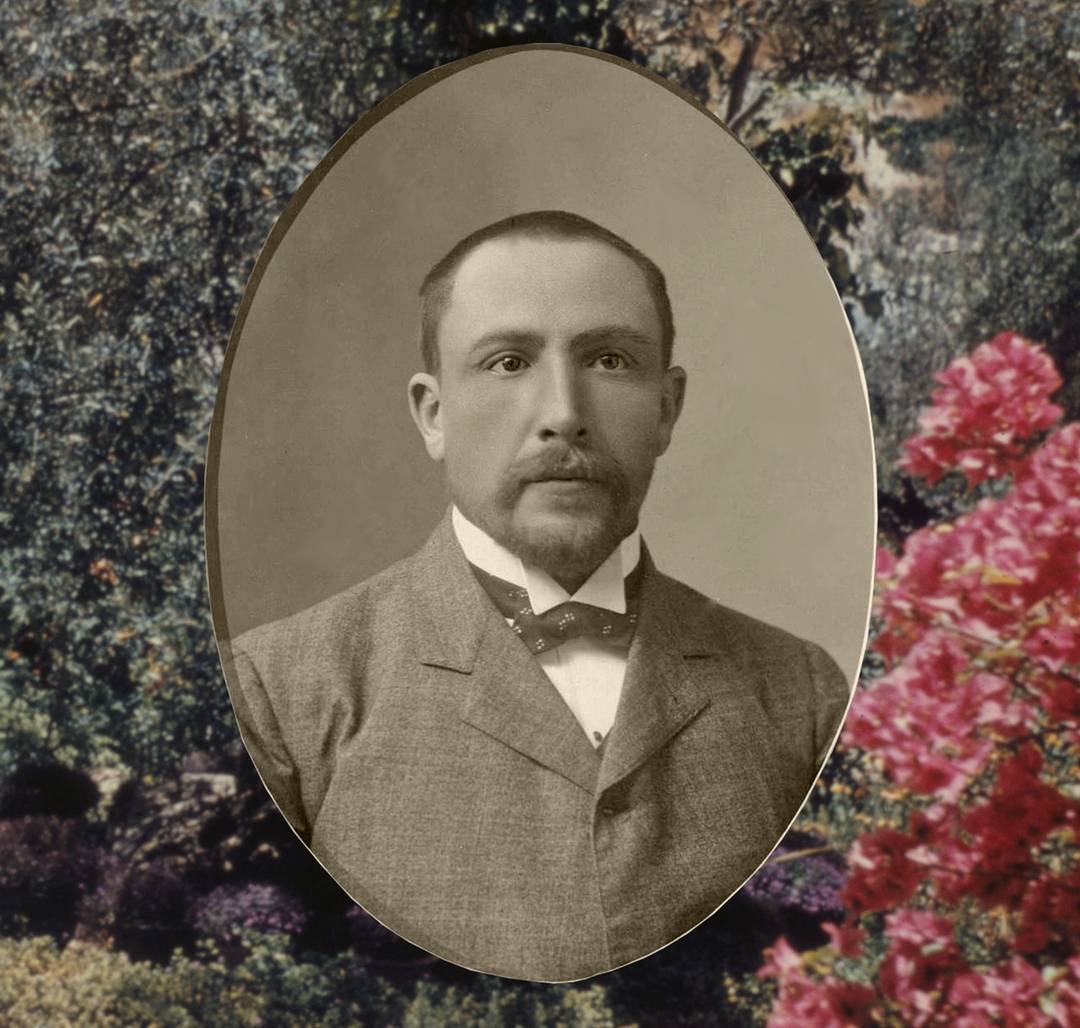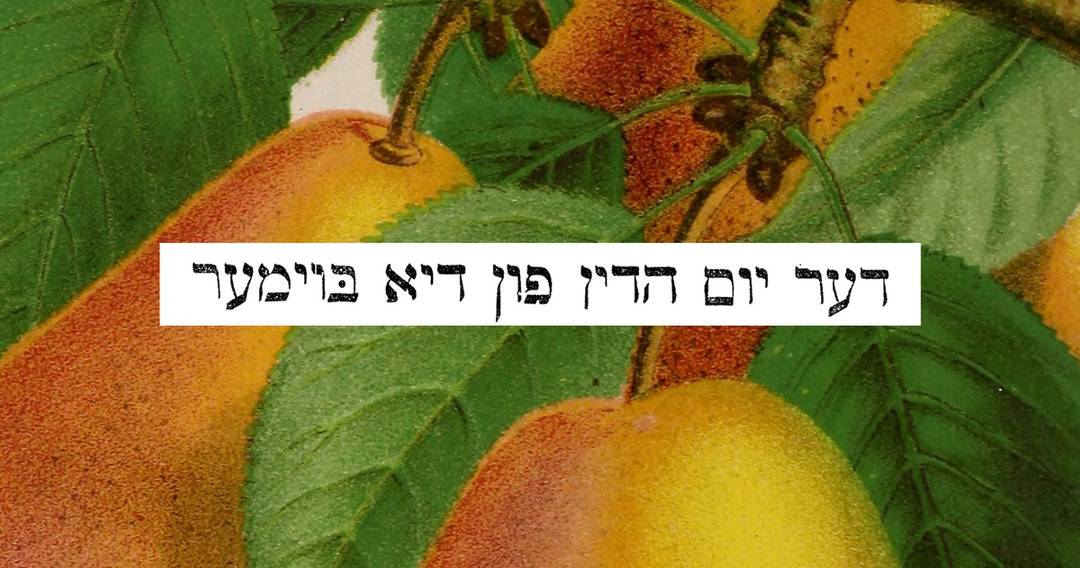Tu B’Shevat


What is Tu B’Shevat? It’s the holiday that marks the new year for trees—a kind of Jewish arbor day. In Israel, it traditionally signals the beginning of spring.
When is Tu B’Shevat? The holiday’s name refers to its date on the Hebrew calendar, the 15th of the month of Shevat. On the English calendar, Tu B’Shevat 2025 begins at sundown on Wednesday, February 12, and ends at sundown on Thursday, February 13.
What’s it all about? In the Mishnah’s tractate Rosh Hashanah, the rabbis engage in their trademark Talmudic discussions and determine that we must celebrate the beginning of the new year not once but four times. The first celebration, in the month of Nissan, is dedicated to the reigns of Israel’s kings. The second, in Elul, to animal tithes. The third is the one we all know, Rosh Hashanah, which falls on the first of Tishrei, when the Hebrew calendar starts anew. Finally, there’s Tu B’Shevat, the 15th day of Shevat (a one-day holiday which begins at sundown), when we are to calculate the agricultural cycle and all biblical tithes involving trees and fruit.
Though a minor light in the holiday constellation, Tu B’Shevat nonetheless was of great importance when the people of Israel made a living working the land. In those ancient days, a host of prohibitions and demands—many still observed—guided Jewish life. Among those restrictions is orlah, the biblical prohibition against eating fruit produced during the first three years of the tree’s life, and ma’aser oni, the obligation to set aside a certain portion of crops for the poor. A calendar was necessary to help ensure that all these rules were observed on time. That calendar started in the middle of Shevat. And since the 15th day is marked by the Hebrew letters yud and heh—which, combined, spell out the direct name of God—the adjacent letters tet and vav were selected to signify the date instead.




